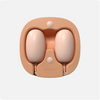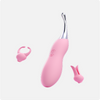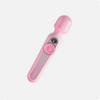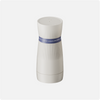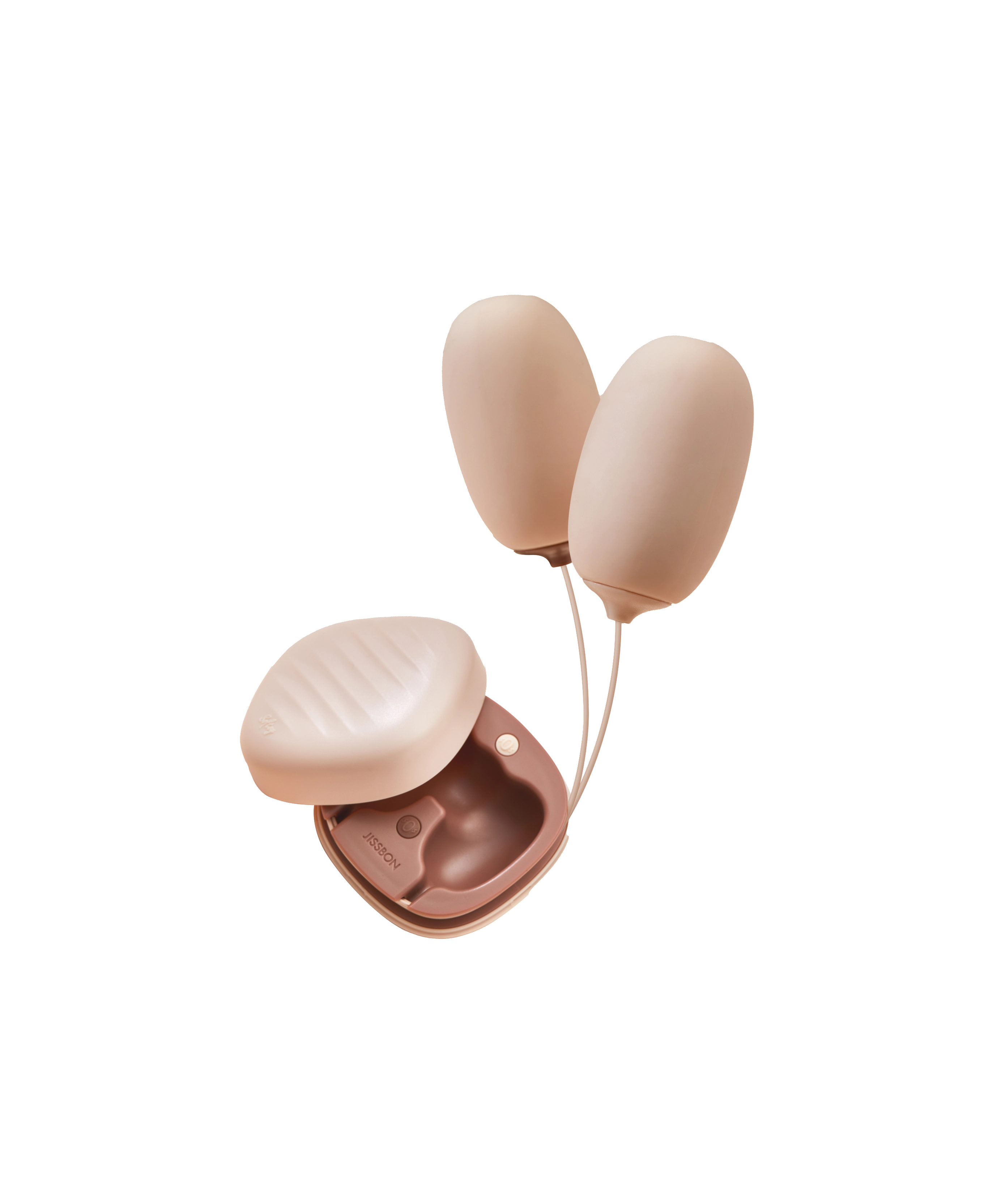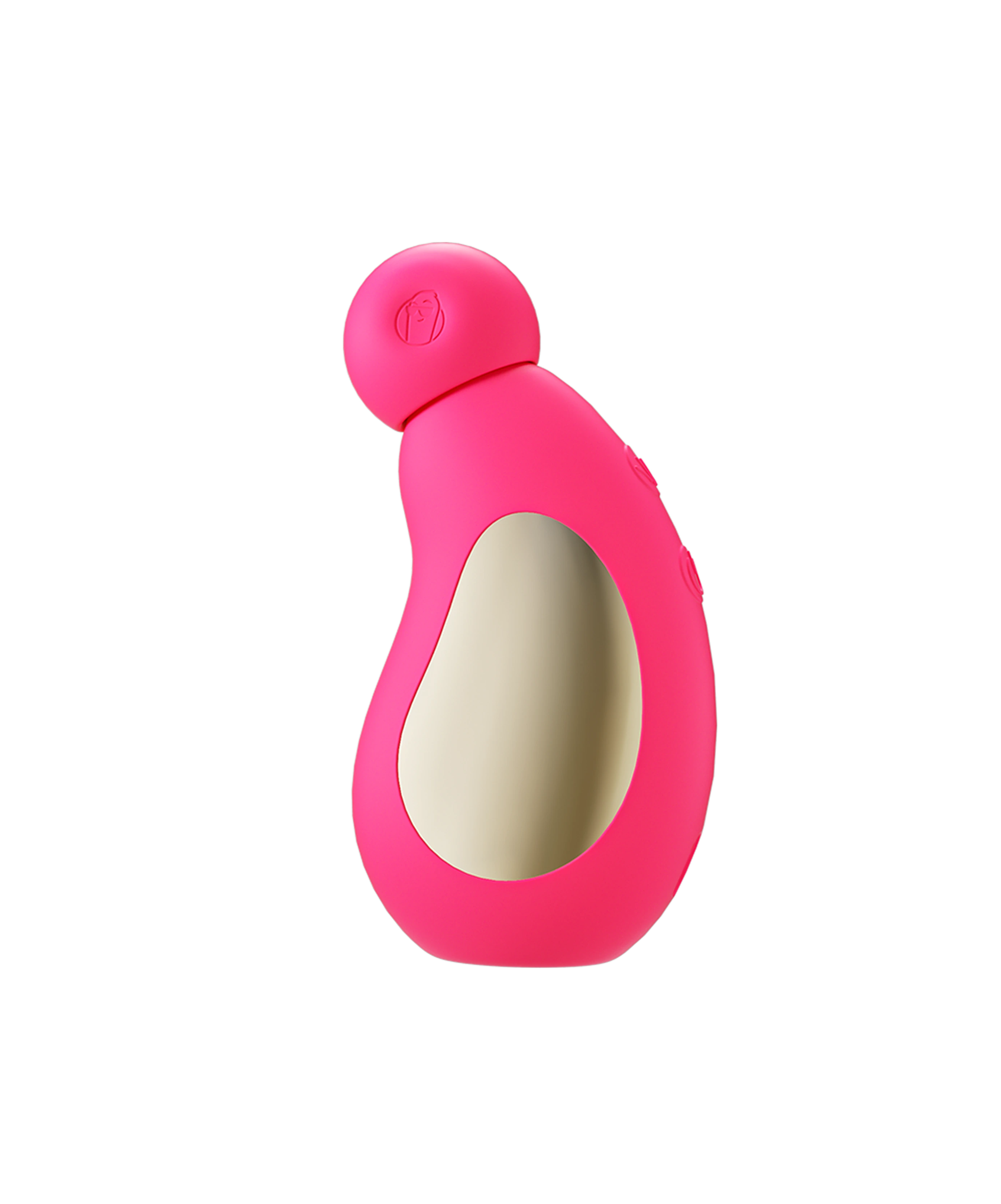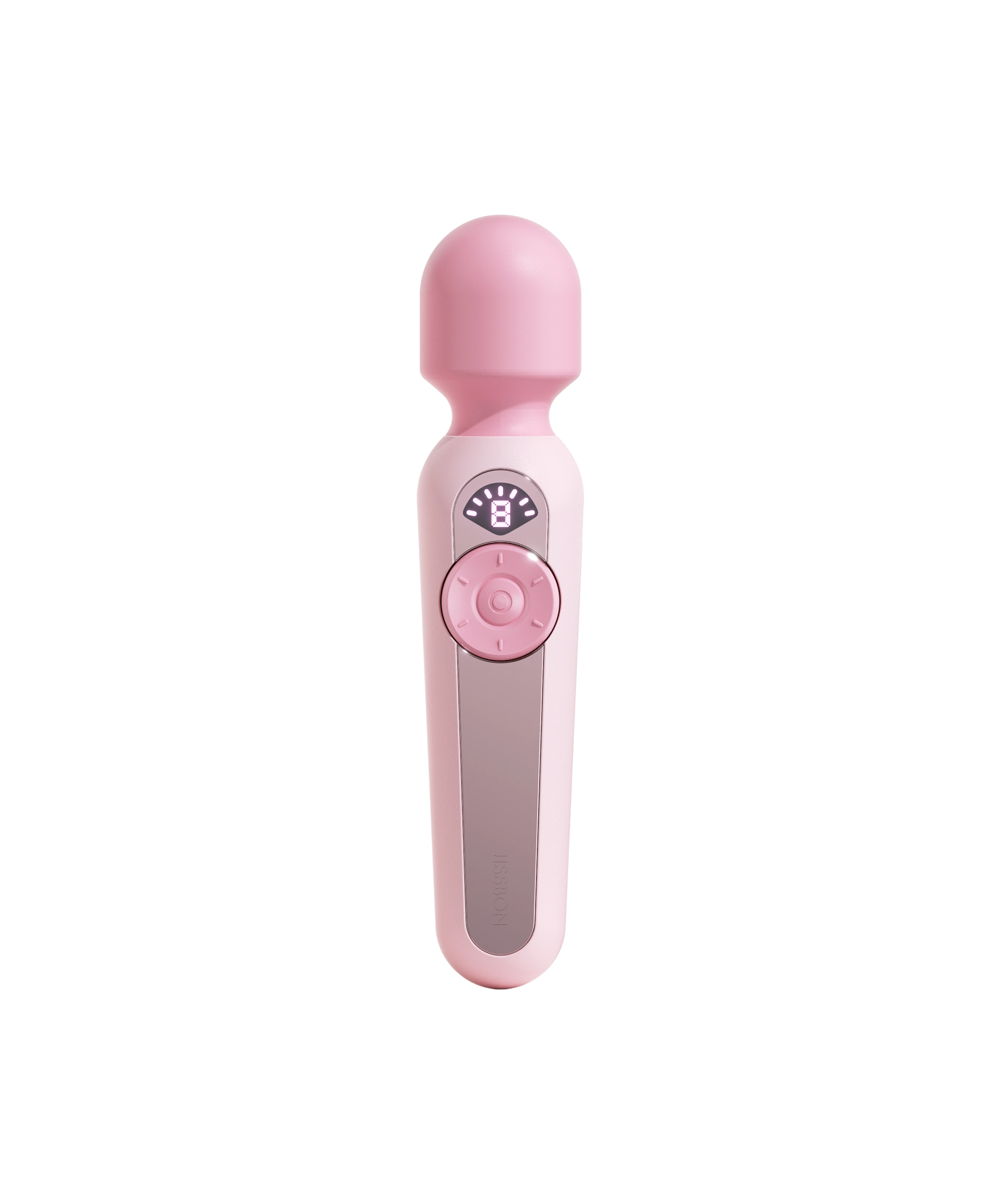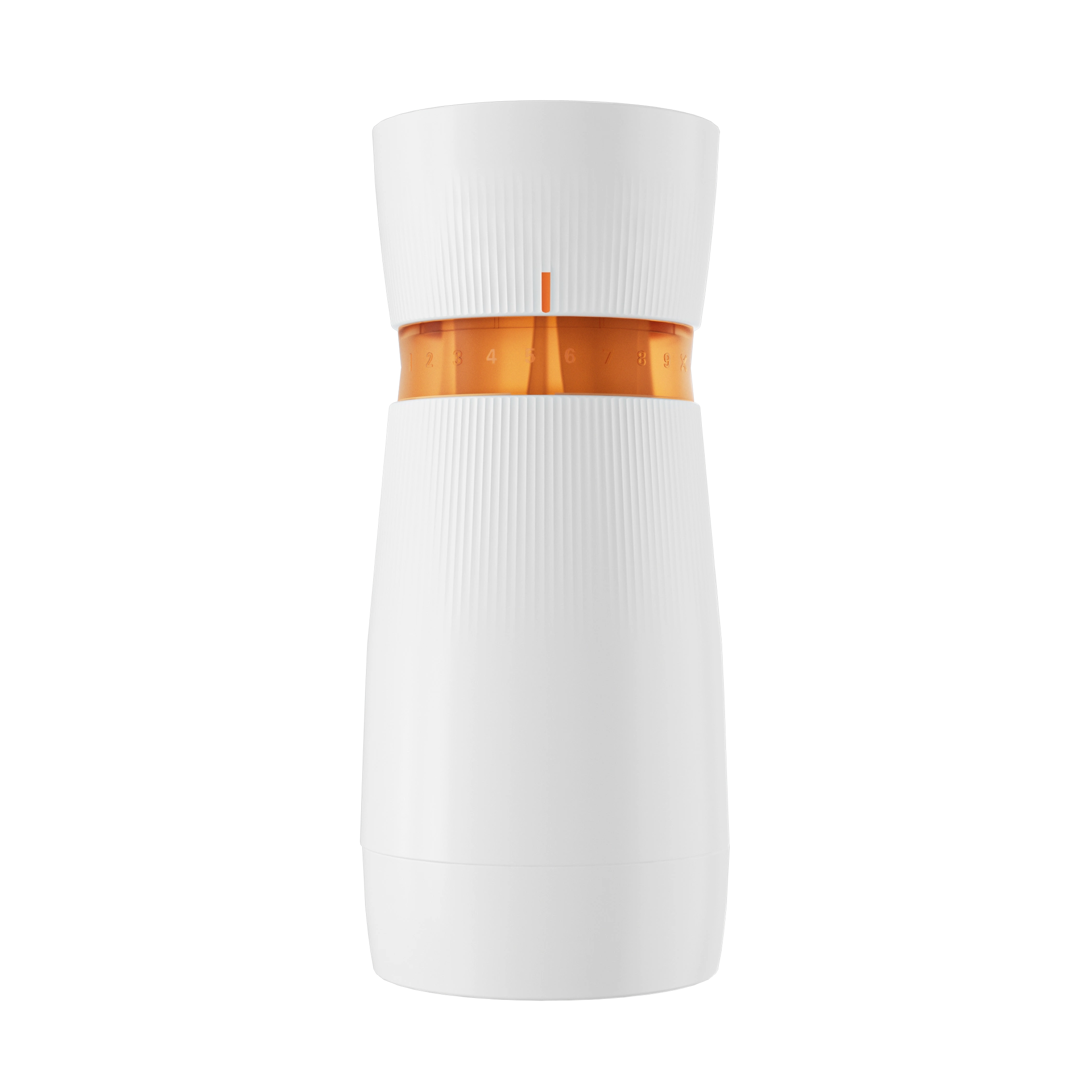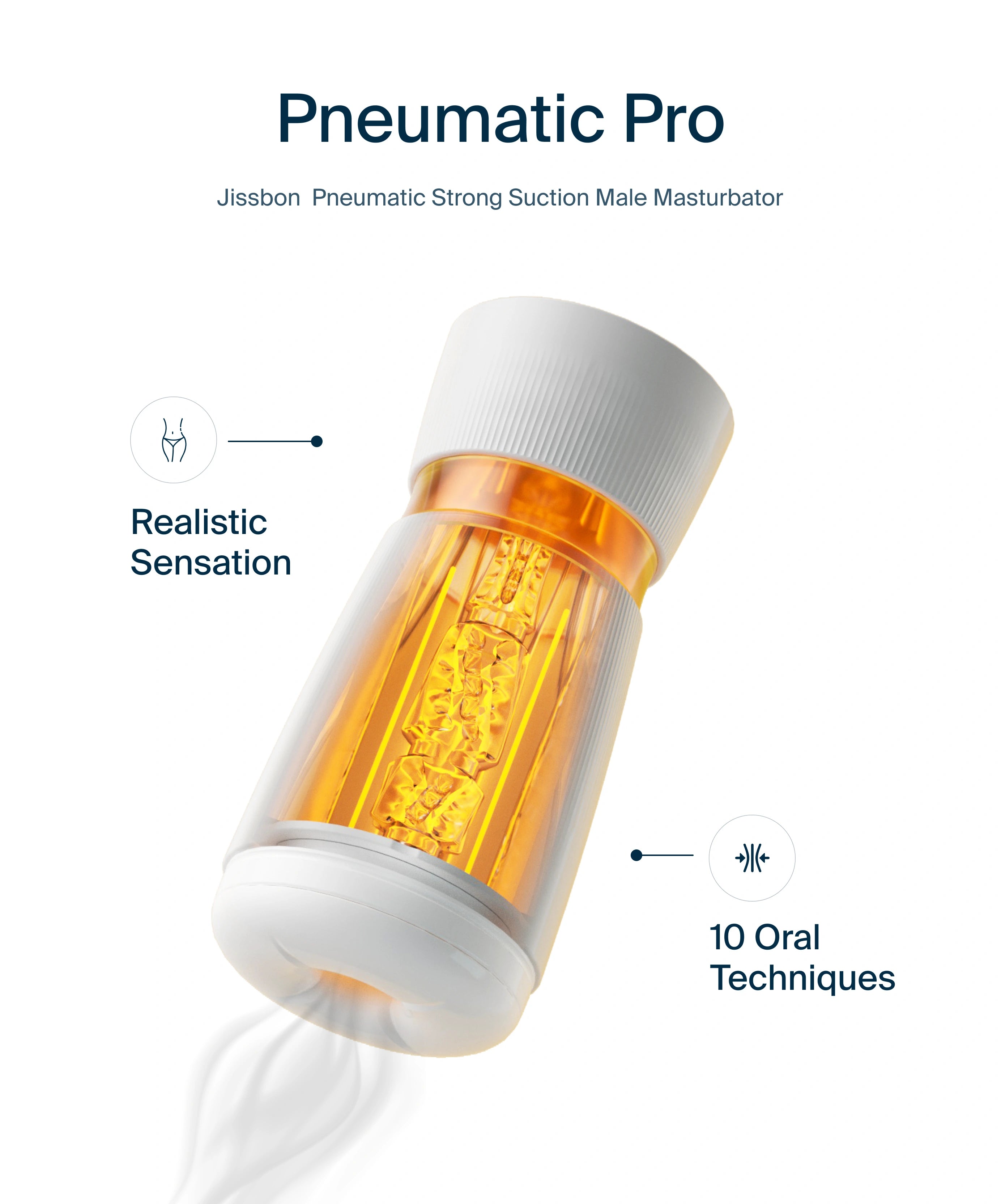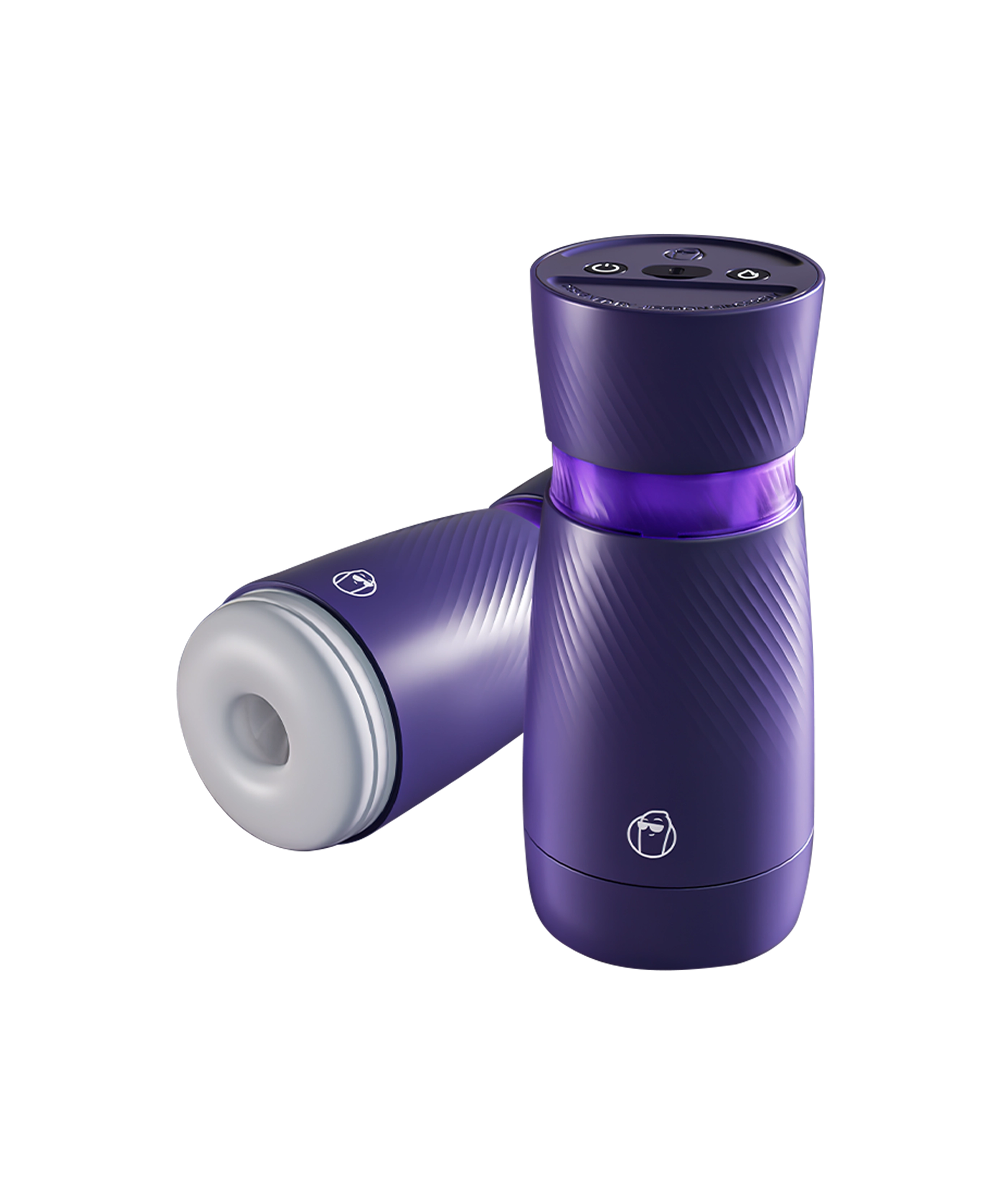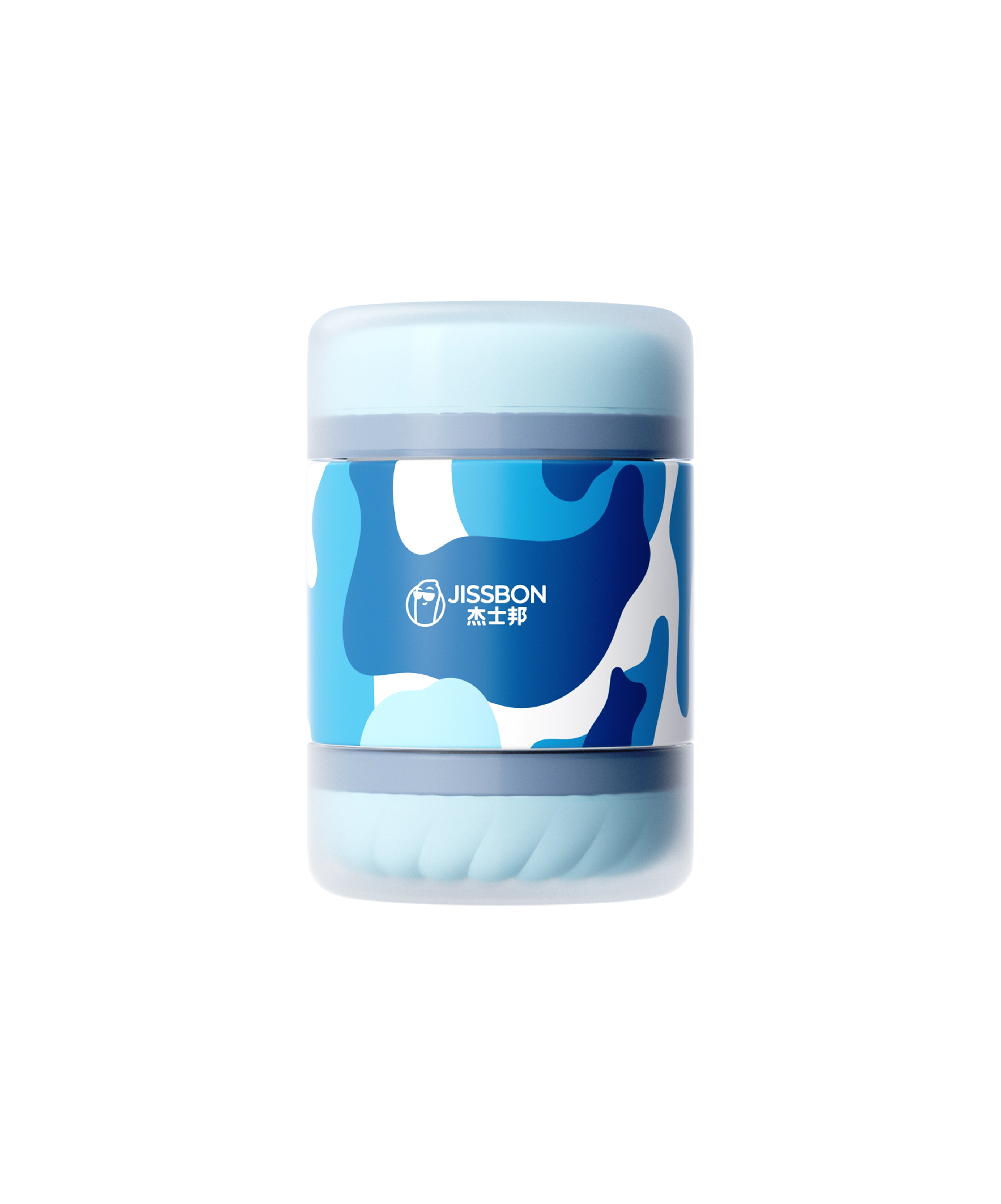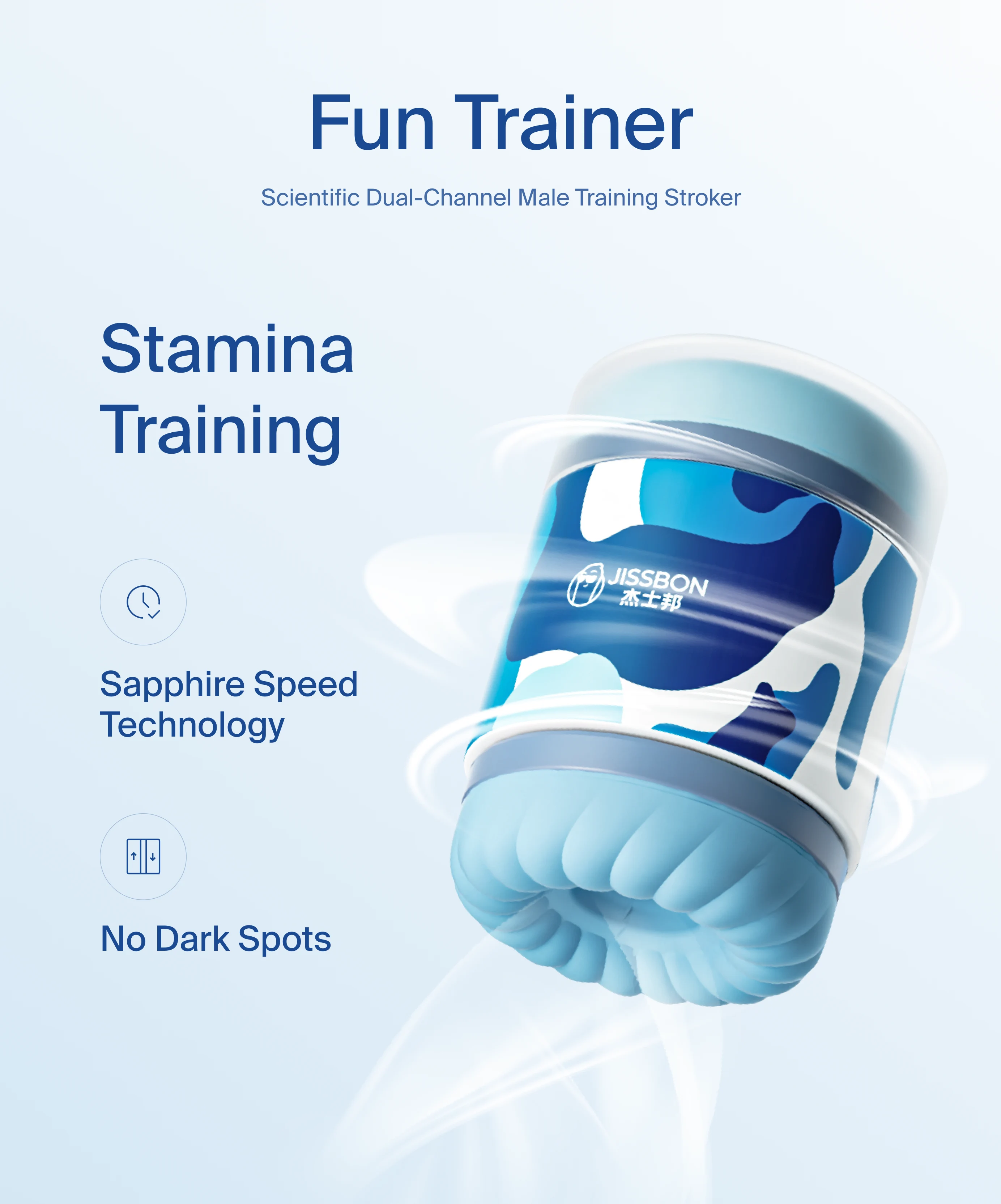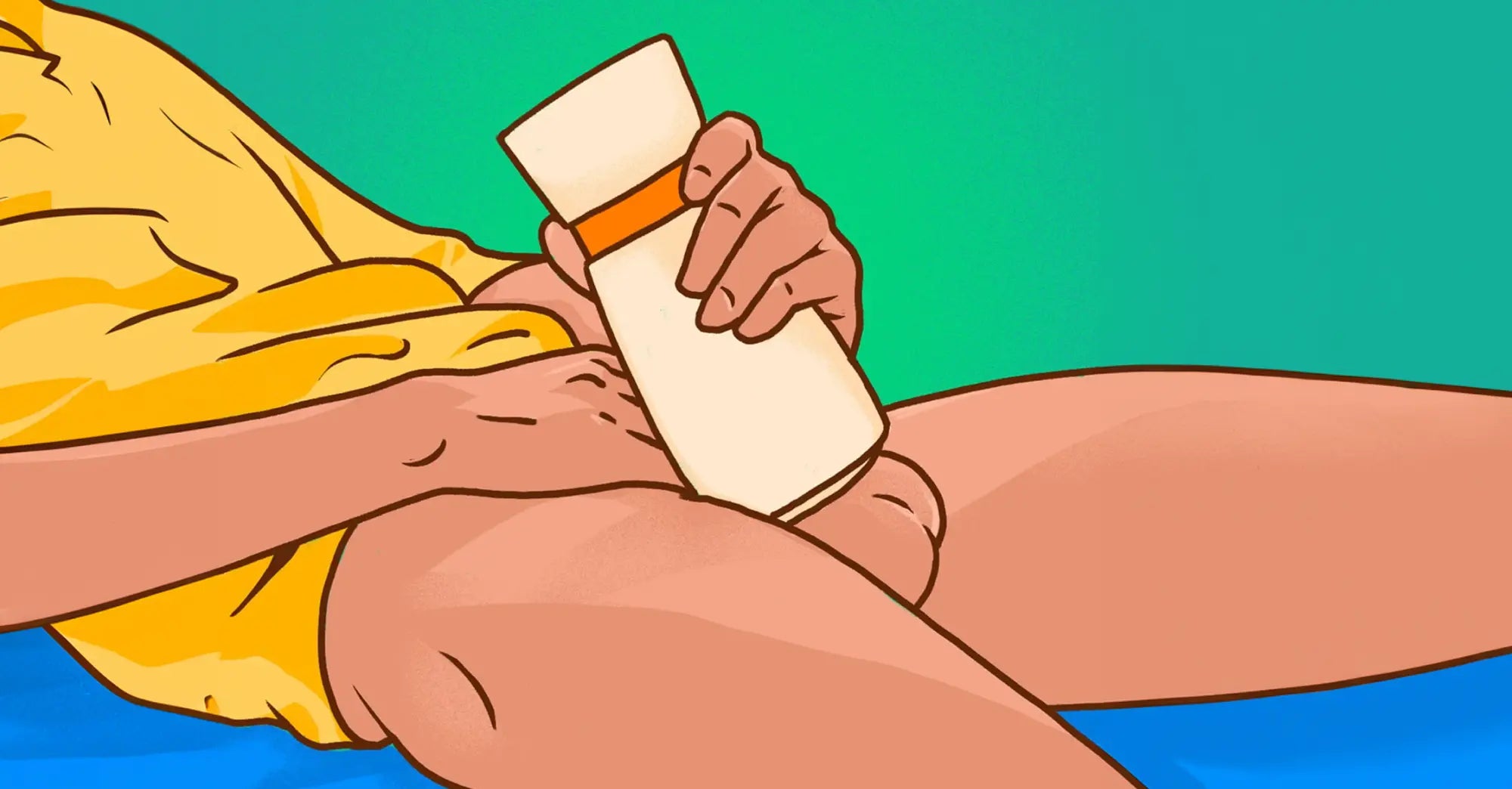If you’ve searched guys masturbating to figure out whether it’s healthy—or just to learn how to do it more comfortably—you’re not alone. The short answer: yes, male masturbation is normal and generally healthy. Medical organizations say masturbation can support stress relief, better sleep, and overall sexual well‑being for many people. There’s no evidence that typical masturbation harms penis size, fertility, or long‑term erectile function.
Below, we’ll cut through myths about male masturbation, share science‑backed health effects of masturbation, and give safe tips—including how lube and purpose‑built toys can help—so guys jacking off can feel good, not guilty.
Quick Answer: Is Masturbation Healthy?
Yes. Reputable health sources describe masturbation as a normal, common behavior that many people find beneficial for relaxation, mood, and sexual self‑knowledge. It can reduce stress, help with sleep, and even ease some types of pain. It carries no risk of pregnancy and minimal STI risk when done solo (more on toy hygiene and condoms for shared toys later).
Key takeaways
- Masturbation is a normal part of male sexual health.
- It’s associated with stress relief, improved sleep, and mood benefits for many.
- Problems arise mostly from rough technique, poor hygiene, or anxiety—not from the act itself.
The Science: Health Effects of Masturbation (What We Know)
1) Prostate health: ejaculation frequency & risk
One of the strongest, most‑cited findings: in a large U.S. cohort, higher ejaculation frequency across adulthood was associated with a lower risk of prostate cancer, especially low‑risk disease. That doesn’t mean masturbation is a cure‑all—but it contradicts the idea that masturbation is harmful.
2) Mental health & stress
Clinical explainers and men’s health resources note masturbation can be a stress reducer and assist with sleep, likely through relaxation and post‑orgasm neurochemistry (e.g., prolactin release). While individual mileage varies, there’s nothing inherently unhealthy about this coping tool.
3) Erections & sexual function
Current evidence finds weak or no association between masturbation frequency (or porn use) and erectile functioning when other factors are considered. In other words, masturbation itself isn’t a meaningful driver of ED for most men. Addressing cardiovascular health, medications, sleep, and stress often matters more.
4) Testosterone myths
Does masturbating crash testosterone? Not in a clinically meaningful way. Studies show mixed, often short‑lived hormonal fluctuations; mainstream medical advice does not link typical masturbation with lasting low‑T.

Myths vs Facts About Guys Masturbating
Myth: Masturbation causes ED.
Fact: Major references call this a myth. Masturbation is normal and doesn’t inherently cause problems with partnered sex; persistent ED usually has medical or psychological roots (vascular disease, medications, stress, anxiety).
Myth: Masturbation is unhealthy or addictive by default.
Fact: It’s healthy for most people. Clinicians look for distress or impairment (e.g., pain, skin injury, or compulsive patterns that disrupt life). Otherwise, it’s neutral‑to‑positive.
Myth: “Masterbation” (misspelling intended) lowers fertility long‑term.
Fact: Typical masturbation does not cause chronic fertility problems. If you’re trying to conceive, a clinician can advise on abstinence timing before a semen analysis; that’s about test timing, not harm from masturbation.
Myth: Frequent “guy masturbation” shrinks your penis.
Fact: There’s no evidence of permanent size changes from masturbating. Day‑to‑day appearance shifts more with temperature, stress, or a larger fat pad at the pubic area—not with masturbation.
Safe Technique 101 (So “Guys Jacking Off” Feels Better)
Think of this as a skin‑friendly, circulation‑friendly checklist.
-
Use lubricant.
Lube reduces friction and skin irritation. With condoms or toys, choose water‑ or silicone‑based lube; oil‑based products can weaken latex condoms. -
Vary grip & pressure.
If you always use a very tight, fast grip, you can “train” your body to expect it. Vary speed, pressure, and strokes; add lube to keep sensation comfortable. -
Mind session length & intensity.
Long, high‑friction sessions can cause temporary soreness or numbness; that usually resolves with rest, lube, and gentler touch. -
Hygiene matters.
Wash hands first; if you use toys, clean them after with mild soap and warm water. Sharing toys? Put a new condom on them each time and wash between users. -
Try edging (optional).
Build arousal, ease off briefly, then resume. Some men find edging improves control and orgasm intensity. (There’s no rule saying you must—this is about preference.)
Safer Sex & Toy Basics for Male Masturbation
Using toys can make masturbating more comfortable and varied—especially if dryness, repetitive strain, or boredom is getting in the way.
Barriers & lube
- Condoms on shared toys and when switching from anal to oral/vaginal contact; change to a new condom each time.
- Use water‑ or silicone‑based lube with condoms. Don’t use oils with latex.
Cleaning
-
Wash toys with mild soap + warm water after every session; air‑dry fully. If you’re unsure about materials, a conservative rule is: use a condom over the toy and still wash after.
Choosing starter gear
- Manual sleeves (aka masturbators): soft, textured liners that enhance gliding.
- Hands‑light or automatic strokers: add vibration, suction, or thrusting to reduce hand fatigue.
- Prostate play (optional): if exploring the prostate, always use lots of lube and a toy with a flared base (safety first).
Looking for a simple, training‑friendly toy? Browse Male Masturbators, or try a compact vibrating stroker such as E‑Fun Trainer for adjustable intensity without a steep learning curve.

Performance Worries: A Reality Check
Many men worry that solo habits will “mess up” partnered sex. The available evidence says otherwise.
- ED & masturbation: WebMD’s clinical material labels the idea that masturbation causes ED as a myth. Address sleep, stress, alcohol, cardiovascular fitness, and medications first; those matter far more.
- Porn & erections: A 2023 study reports weak or no association between masturbation/porn frequency and erectile function when other factors are accounted for.
- Testosterone: Short‑term hormonal blips aren’t the same as lasting low‑T. Typical masturbation isn’t a cause of clinically low testosterone.
How Often Should Guys Masturbate?
There’s no universal “right” frequency. If your pattern isn’t causing pain, chafing, or stress—and isn’t interfering with relationships, work, or sleep—you’re likely fine. Some men masturbate daily, others weekly, and others cycle up and down with stress or libido. If you’re asking “is masterbation healthy?”, most providers focus on how you feel and whether any harm is occurring, not a number.
Comfort Boosters: Practical Tips That Work
- Warm‑up first: Gentle touch over thighs, perineum, and shaft with lube often makes everything feel better.
- Go slow → then build: Many men enjoy a steady ramp far more than sprinting to the finish.
- Try different strokes: over‑hand, under‑hand, twist‑and‑glide, or two‑handed with plenty of lube.
- Pelvic floor awareness: gentle contract‑release can heighten sensation; if you have pelvic pain, prioritize relaxation over squeezing.
- Aftercare: rinse, moisturize if needed, and give irritated skin a day off.
When to See a Clinician
- Persistent erection changes (e.g., inability to maintain erections despite trying different contexts).
- New curvature, pain, or palpable plaque (possible Peyronie’s disease).
- Blood in semen, sustained semen color changes, or painful ejaculation.
- Compulsive behavior that feels out of control or causes distress.
A clinician (ideally a urologist or sexual‑health expert) can evaluate medical causes and recommend treatments or counseling.
Frequently Asked Questions
Is masturbation healthy for men?
Yes. It’s a common, normal behavior with potential benefits like stress reduction and better sleep for many.
Does masturbating too much cause ED?
No. The myth that masturbation causes ED isn’t supported by evidence; broader health and psychological factors matter more.
What are the health effects of masturbation—good or bad?
For most, effects are neutral‑to‑positive: stress relief, better sleep, sexual self‑understanding. The main risks come from rough technique or poor hygiene, which are easy to fix with lube and cleaning.
Can ejaculating more lower prostate‑cancer risk?
A large cohort found higher ejaculation frequency was linked to lower prostate cancer risk (particularly low‑risk disease). It’s correlation, not a prescription, but it’s reassuring.
What lube should I use when masturbating?
Use water‑ or silicone‑based lubricants. With latex condoms, avoid oil‑based lubes—they can weaken latex and cause breakage.
How do I clean toys after guy masturbation?
Wash with mild soap + warm water; if sharing toys or switching between partners/acts, put on a new condom and clean between users.
Is it okay to masturbate daily?
If it’s comfortable, consensual (in shared spaces), and not interfering with life, daily masturbation is fine for many men.
The Bottom Line
Guys masturbating isn’t a problem to fix—it’s a normal behavior that can support well‑being when approached with good information and simple safety. The best plan is practical: use lube, vary technique, and keep gear clean. If you want extra comfort or variety, try purpose‑built tools designed for body safety and easy care (much better than improvising). A small, vibrating stroker is a low‑pressure way to learn what feels good—explore male masturbators or consider a training‑friendly option like E‑Fun Trainer to make solo time smoother and more satisfying.
If pain, new curvature, persistent erection issues, or distress show up, talk to a clinician—not because masturbation is the problem, but because your health deserves attention.
Read more

If you’ve typed what can I use as a vibrator, you’re probably looking for quick, discreet ideas that won’t hurt your body—or your wallet. The short answer: purpose‑built toys are safest. If you do ...

Curious about a vibrating chastity cage but want the how-to, safety, and best-options cheatsheet in one place? You’re in the right spot. This guide explains what vibrating chastity cages do, how to...

